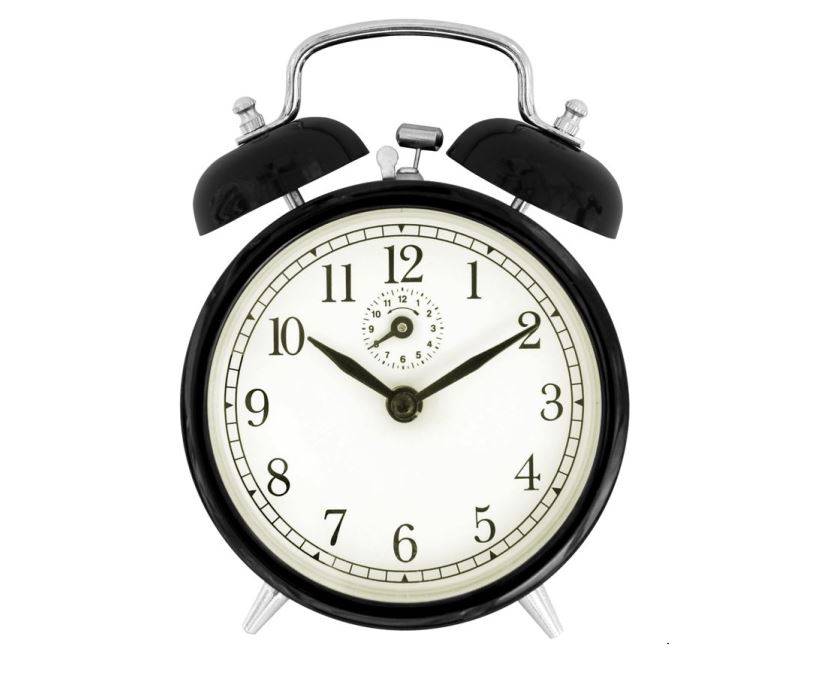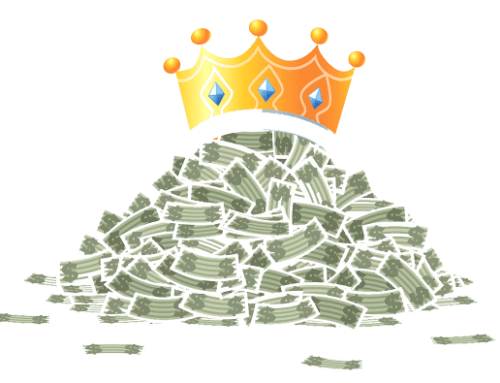When does your alarm go off?
Henry David Thoreau once wrote, “The mass of men lead lives of quiet desperation.” Today, he might say, “Most people are asleep.” In the early 19th century folks had to fight just stay alive: to feed, clothe, and keep themselves and warm and dry. Today, life isn’t so grim. We don’t struggle with starvation any more. Indeed, most of our diseases are ones of overabundance, not scarcity.
So, many of us just doze through life, rousing ourselves just for major events, like the birth of a child, or the Super Bowl. But some people have alarm clocks that get them up, alerting them to the issues of the day – political, economic, or financial factors that affect their lives. Bond guru Bill Gross once wrote that active investors have a sort of alarm that stimulates their investment decisions.
Only, it doesn’t go off at the same time for everyone. Say you’re supposed to get up at 6 am. Some investors don’t even hear the alarm until it’s 10 or 11 o’clock. The day’s half over, and it’s way too late to make any changes. If you’re worried about stocks being overvalued, 2002 was too late.
Other folks wake up way too early. Their alarm is set for 2 or 3 am. Jack Bogle of Vanguard warned about overvaluation in 2000, which was great. But he was also worried in 1999, ’98, ’97, and ‘96. While he was ready for the crash, he was a little early. Sometimes, by telling you to take refuge in safe investments, a too-early alarm clock can be just as bad as a late one. Better to hit the snooze button a few times.
The key is to know what kind of investor you are—to know yourself. No one can time the market perfectly. It isn’t that simple. But the point is to understand your own personality well enough to avoid these pitfalls. Different stages in the market cycle invoke different emotions that will have a huge impact if we let them run our lives.
We can’t control the market, but we can control ourselves. The better we understand what makes us tick, the better we can act – and not just react – when the events of the day wake us up.
Douglas R. Tengdin, CFA





